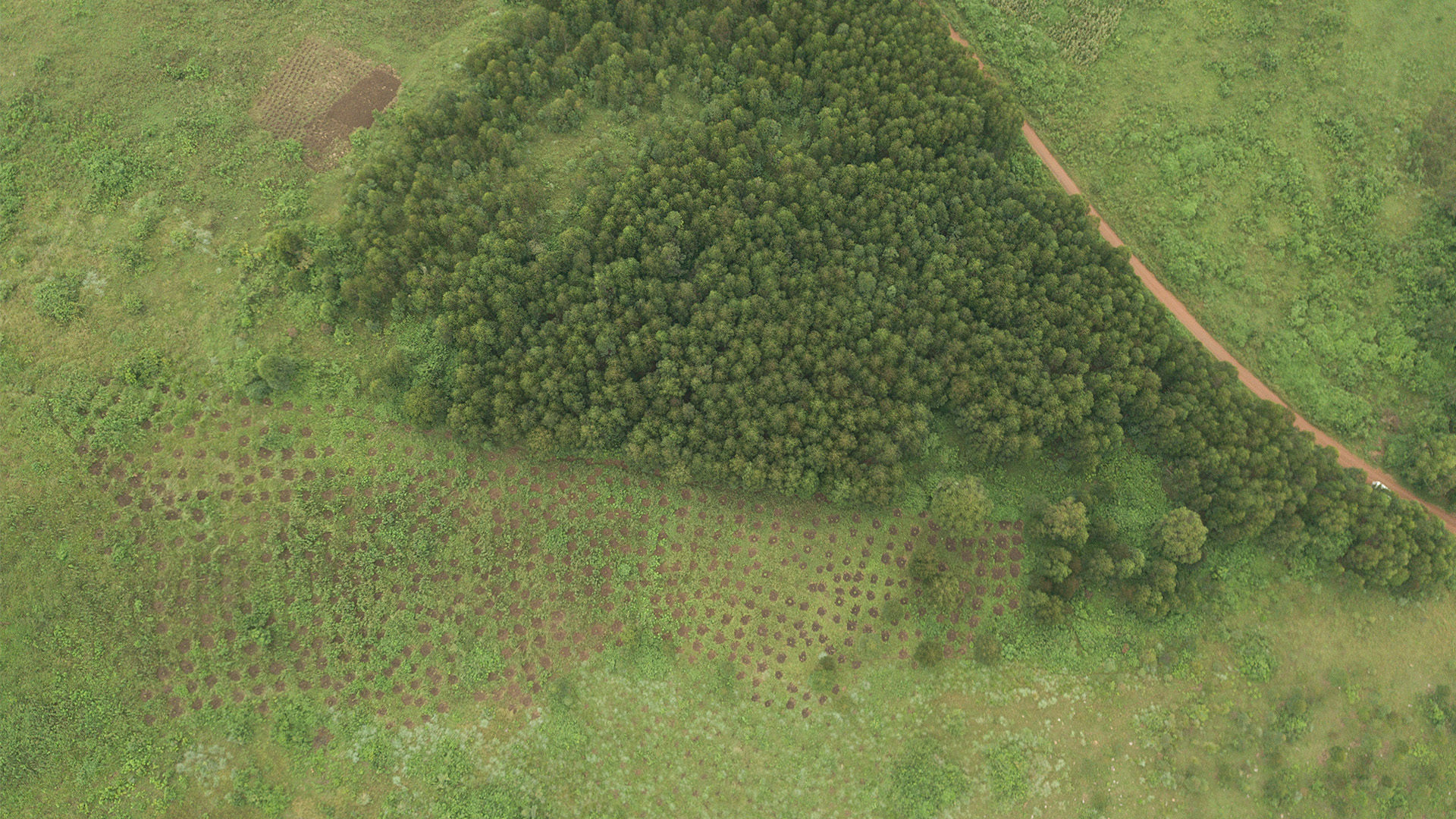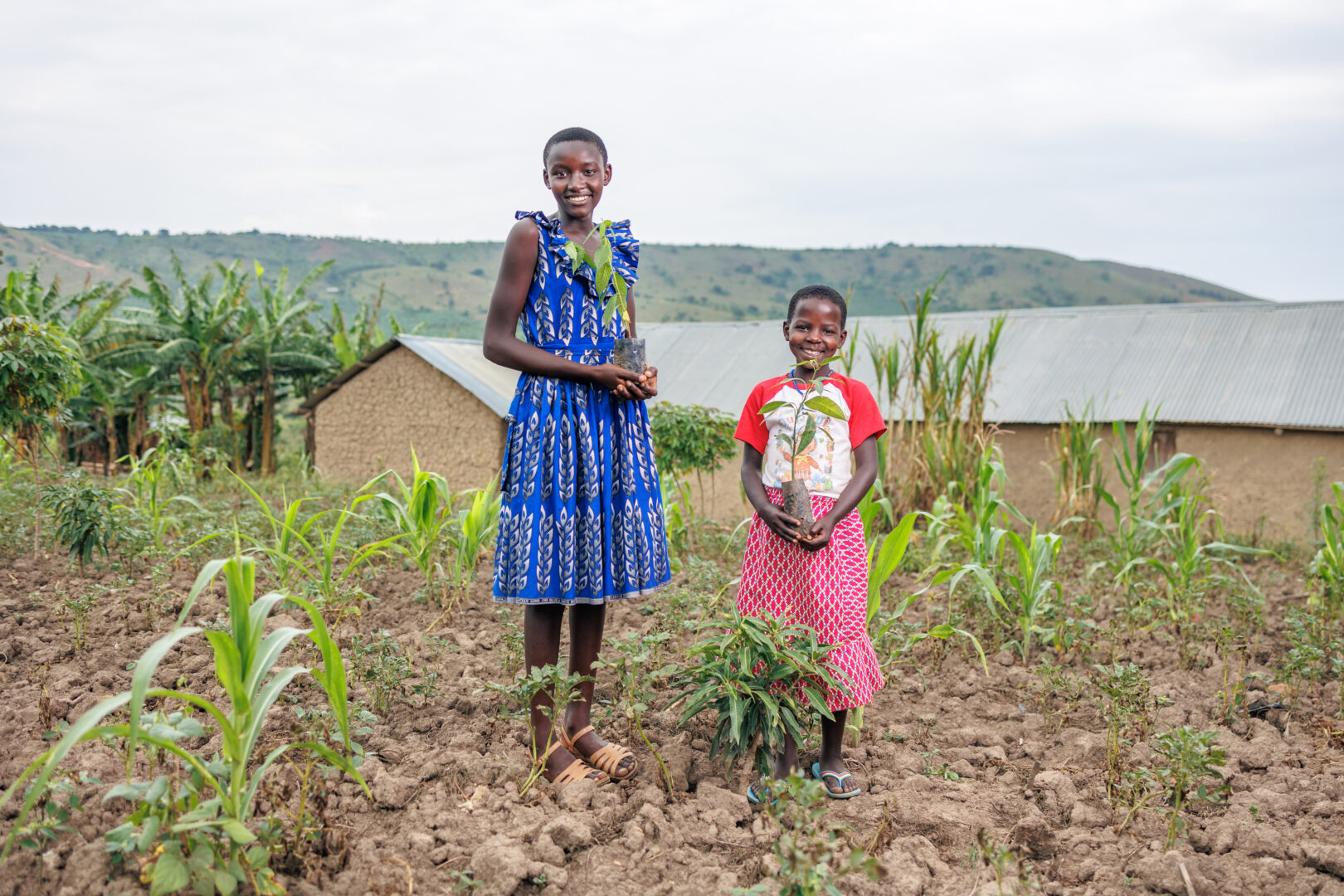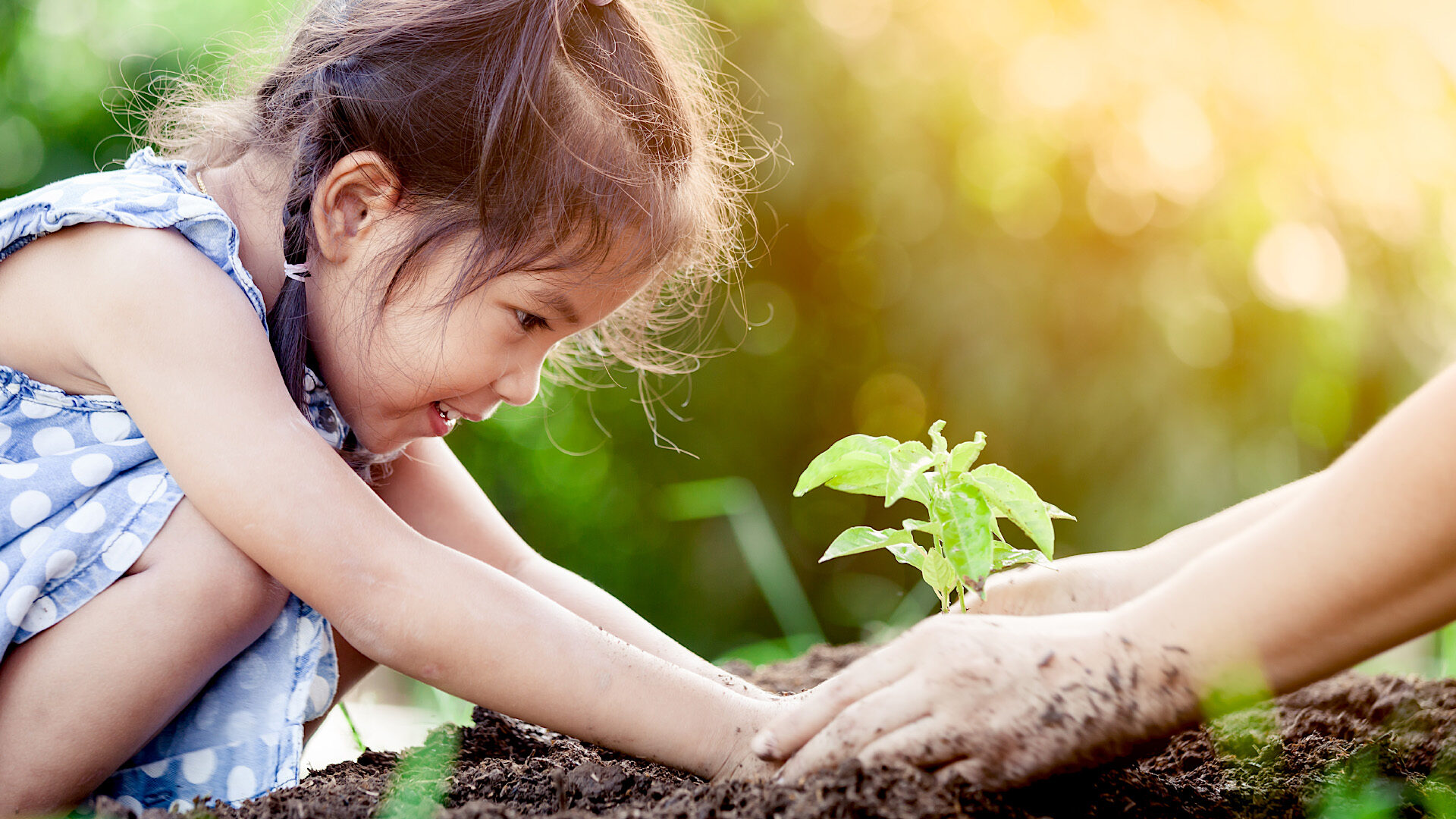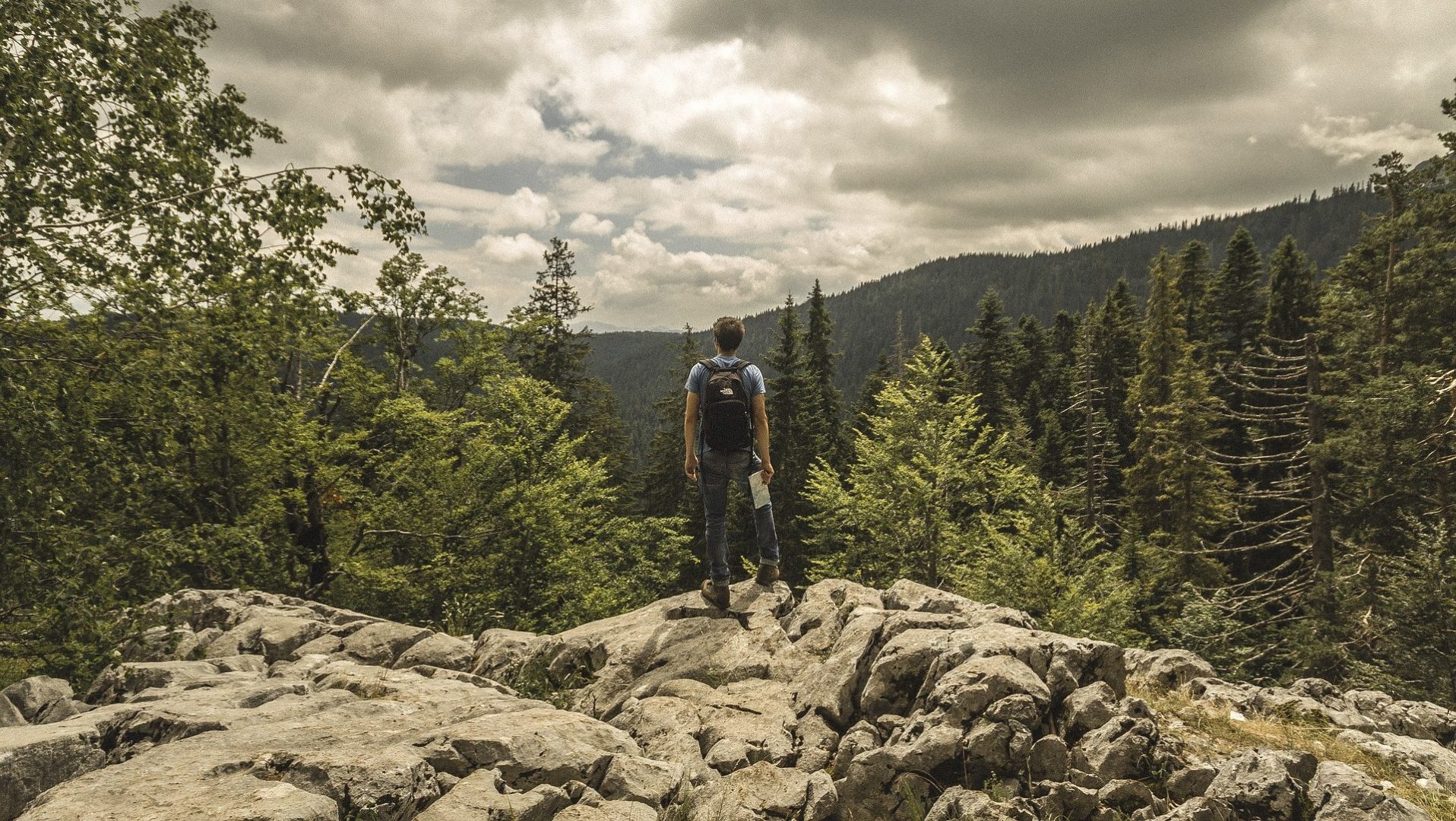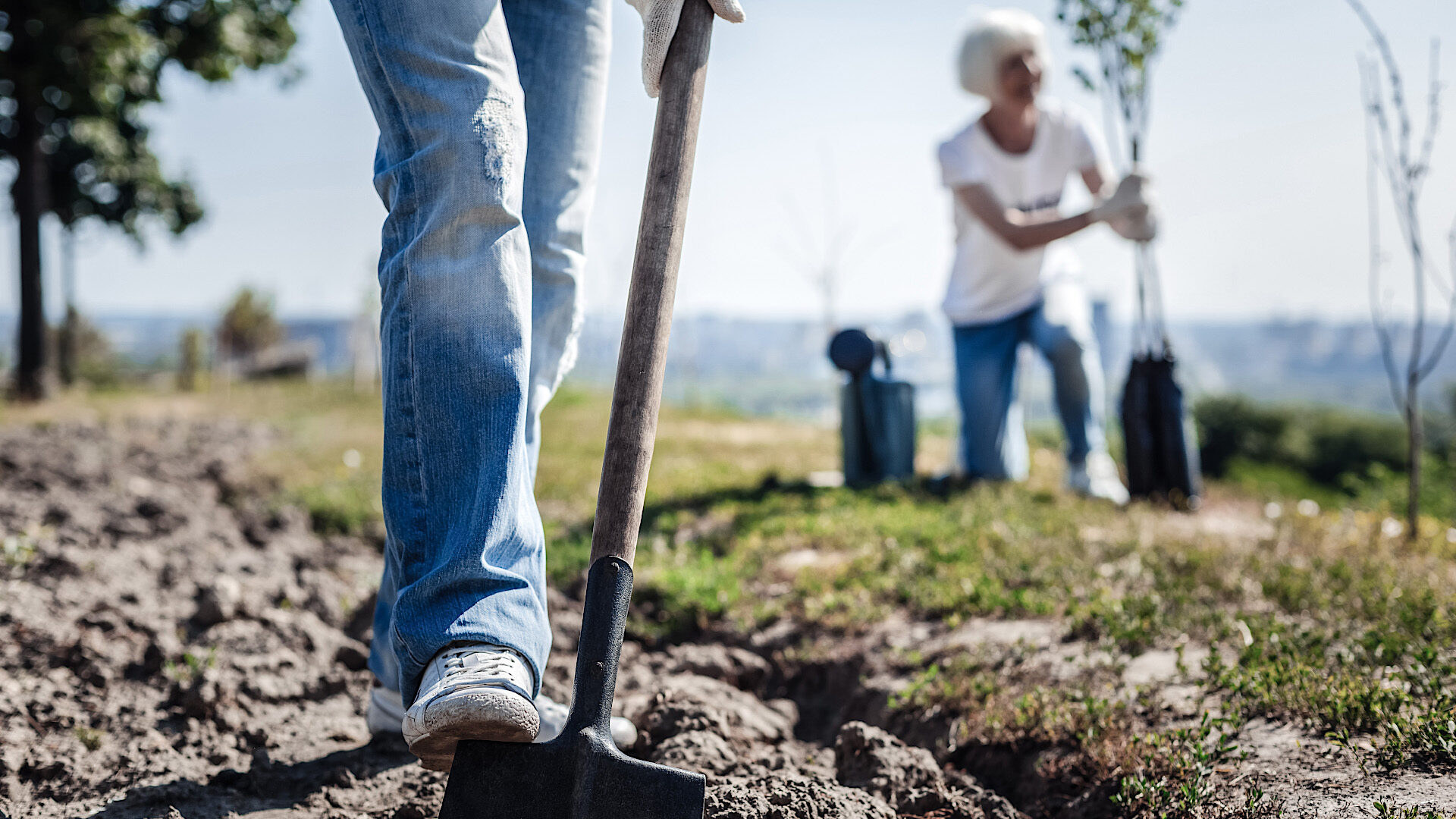
Go Green CO2 and Climate Compensation
If we all do a little, a little can make a big difference
We all know climate change affects the world’s poorest countries in particular. This is due to, among other things, changed weather conditions such as longer dry seasons and changing rainy seasons. At the same time, the world’s poorest countries lack resources to adapt to the changing weather conditions. This causes poor access to food and damages the livelihood of many people, especially in agriculture, which is the most important profession in many of the countries that are most affected by climate change.
Unitas Travel’s climate forest in Uganda
We are very happy with our climate partnership with DanChurchAid in Denmark as it gives us the possibility of adding an extra dimension to our existing efforts benefiting the environment. Aside from tree planting, the project helps the local community in terms of climate adaptation and emergency aid in countries most affected by climate change. In this way, climate compensation holds both a social and environmental perspective.
Unitas Travel offers to mediate your climate compensation amount to our climate trees and the work of DanChurchAid. Whenever you climate compensates through Unitas Travel and DanChurhAid trees are planted in Uganda that can absorb and bind CO2 corresponding to the amount emitted on your travel to and from the destination. If you are travelling by bus or ferry, climate compensation is already included in the price. If you are travelling by flight or train, it is possible to include CO2 and climate compensation as additional purchase.
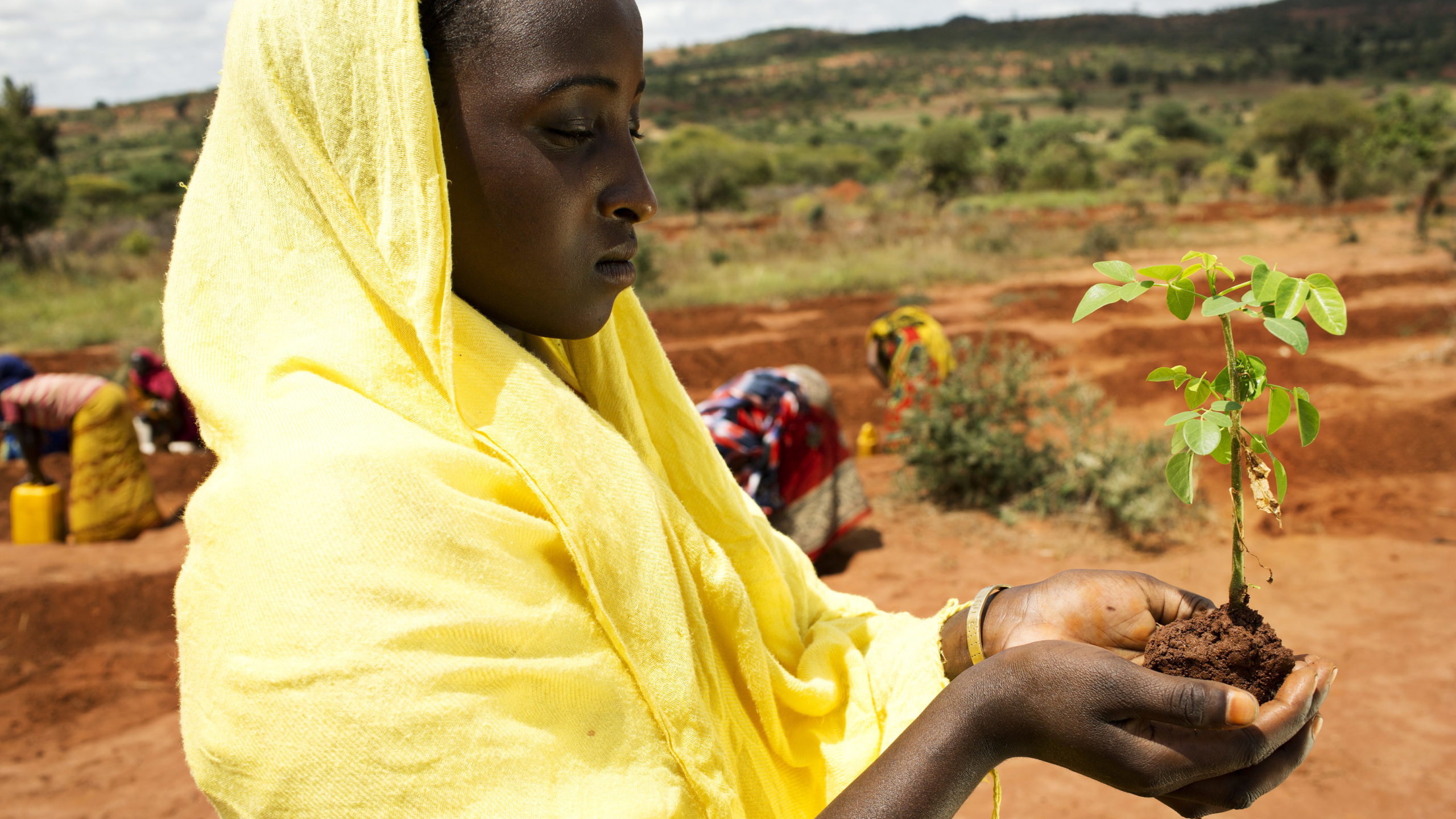
Photo: Mikkel Østergaard
Climate compensation through tree planting
Our climate trees are planted in cooperation with the local community who benefit from the trees. Not only are the trees contributing to the compensation of our customers’ CO2 emissions, they provide shade and fruits and are an important source of income for the locals.
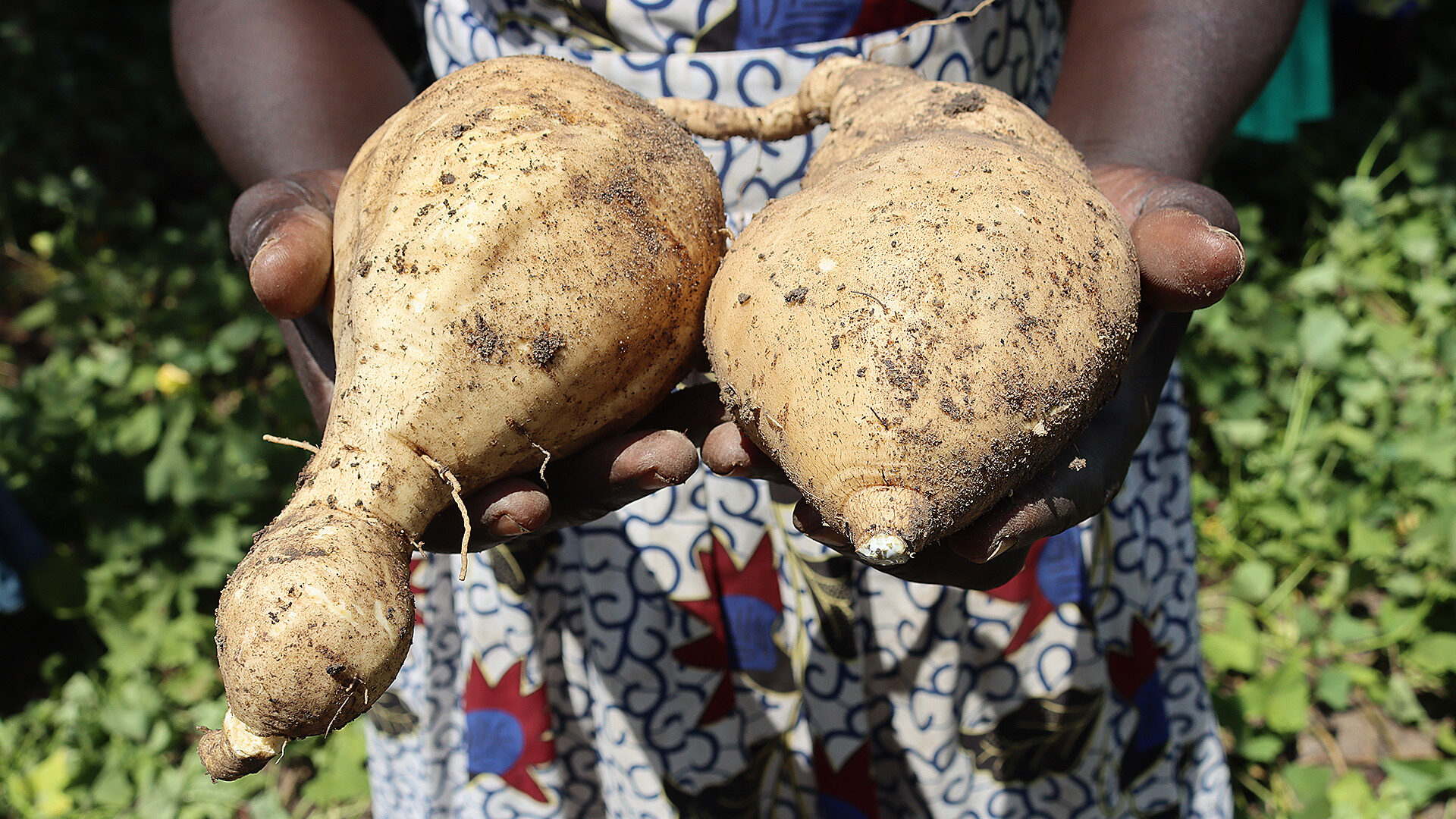
Climate adaptation
The world’s poorest countries have the fewest resources as to withstanding climate changes and are also affected the most by the consequences. Therefore, adaptation is a vital part of the fight against the climate crisis. The contribution to climate adaptation includes, among other things, help to sow climate-resistant crops that can withstand changing weather conditions along with the establishment of weather warning systems, dykes and canals against flooding that damage buildings and agriculture in the local areas.
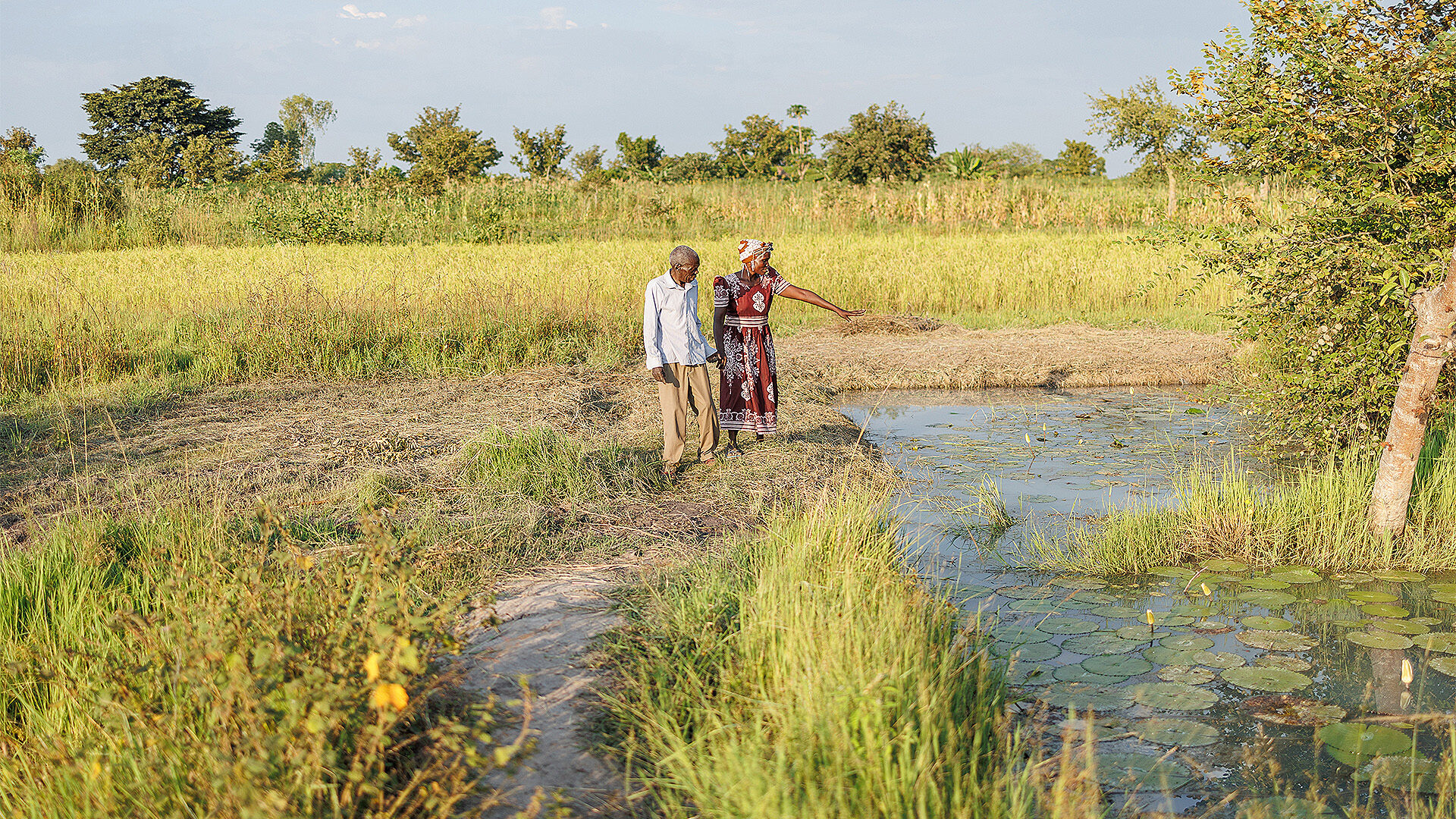
Foto: Jjumba Martin
Emergency aid when climate-related disasters strike
Our compensation via DanChurchAid secures emergency aid for those affected by climate-related disasters. Among other things, this applies to drought and flooding which have enormous consequences for the areas affected by these weather phenomenons. With the help of climate compensation, the locals are better prepared to resist when a disaster strikes.
Our climate partnership with DanChurchAid

We have chosen DanChurchAid as our business partner as we wish to make a difference locally for the people affected by climate change. This is possible through our climate partnership with DanChurchAid.
Responsible, natural compensation
The solution from DanChurchAid connects natural compensation to the communities most affected by climate change. The tree planting is done with the help of Ugandan farmers who make money off of planting and taking care of the trees on their land – especially avocado and mango.
The CO2 credits are certified by the international standard Plan Vivo – a recognized market standard for forestry, agricultural and other land use projects that focus on promoting sustainable development and improving the livelihood and ecosystem services in the rural areas.
The credits are generated ex ante through tree planting in Uganda. It is based on the amount of CO2 the trees are expected to absorb during the project’s life. The credits are continuously monitored and verified by The Rainforest Alliance.
Find out more about our climate partnership with DanChurchAid in the video below (note: the video is in Danish) or go to our Danish YouTube channel.
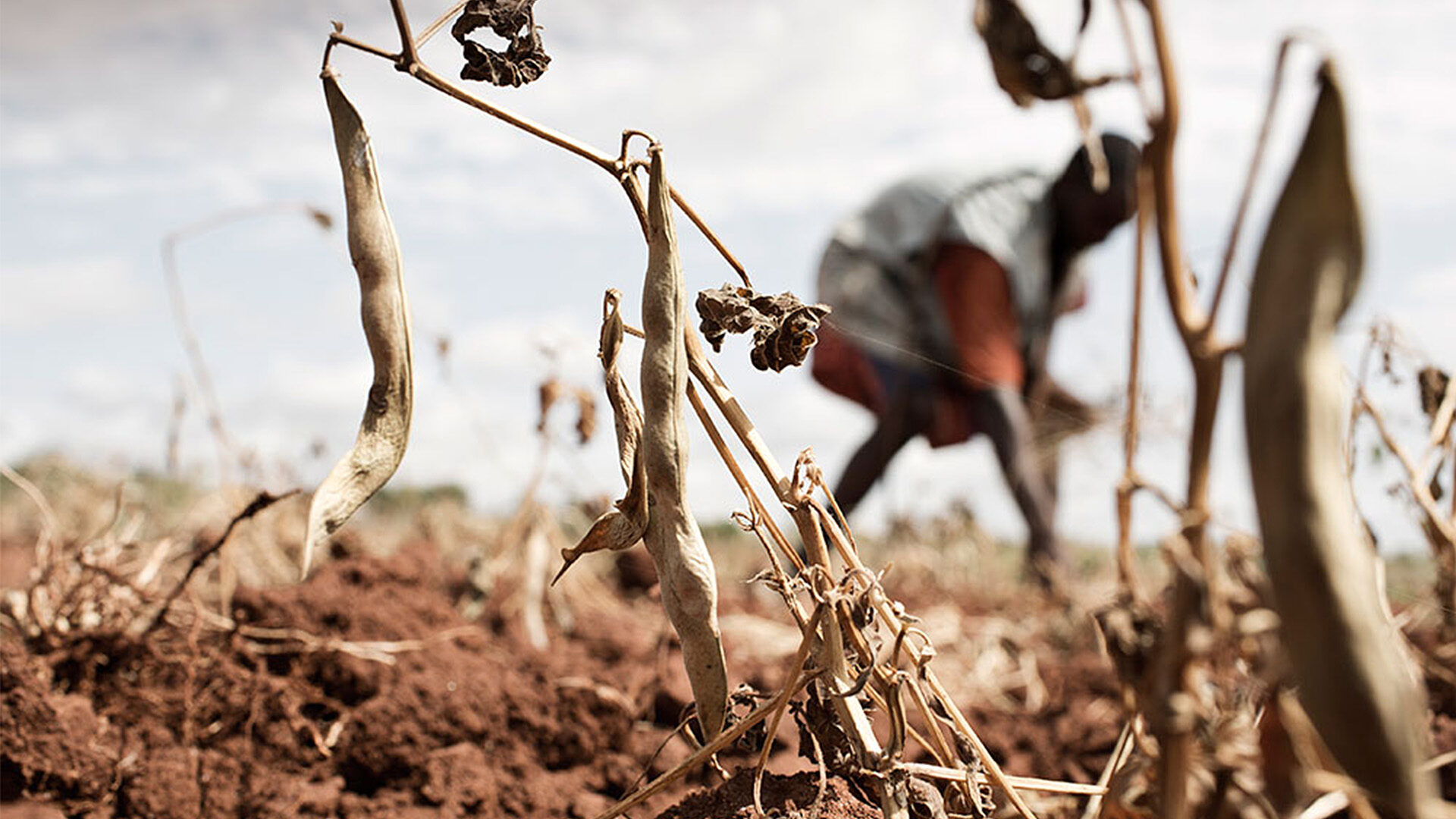
Photo: Mikkel Østergaard
The local consequences of the climate crisis
The majority of the Ugandan population are working in agriculture and most of them as small scale farmers (over 80%) . Small scale farmers are deeply dependent on the outcome of each and every harvest in order to feed their families.
Farmers are increasingly experiencing challenges caused by climate change such as drought, plant diseases and irregular rain seasons. All of which are threatening their livelivhood.
Vital climate adaptation
DanChurchAid is working on building solid communities through the focus on climate, environment, biodiversity as well as economic and social sustainability. They do so, among other things, by preparing workshops for small scale farmers who learn how to use an ‘agroecological’ holistic approach to agricultural production. The use a ‘farmer-to-farmer’ approach where small scale farmers meet to demonstrate new practices and agricultural development.
Additional, specific measures include…
- Diversification of crops to avoid plant diseases.
- Production of organic pesticides.
- Expansion of income opportunities through the sale of, among other things, tree cuttings and agricultural cooperatives.
- Streamlining agriculture and introduction to new drought-resistant foods such as quinoa and sugar canes.
- Construction of dykes, dams and retention lakes that prevent flooding.
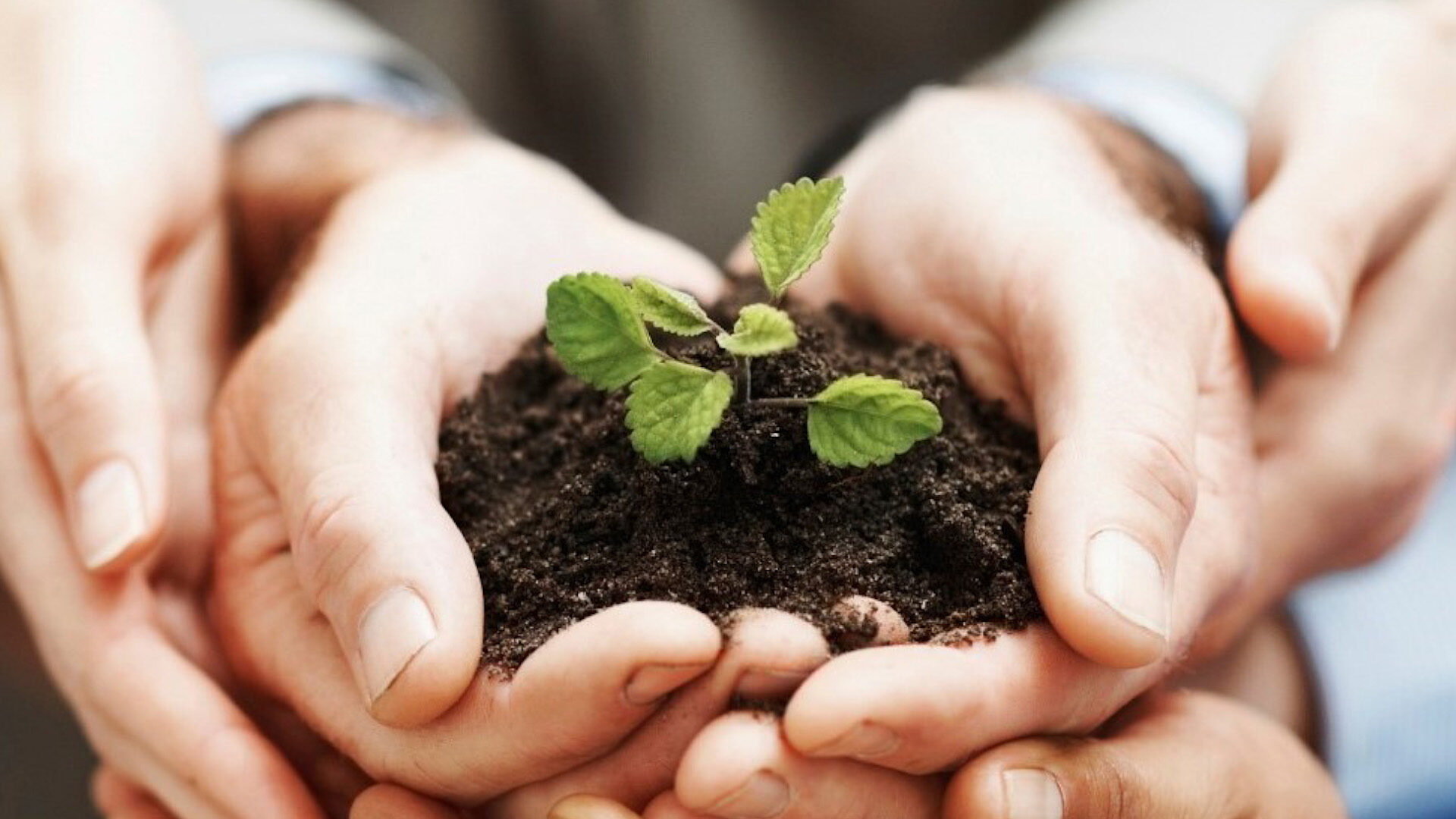
Do you want to learn more about our work with CSR, sustainability and climate compensation?
Read more about our work with sustainability by clicking on the images below.


